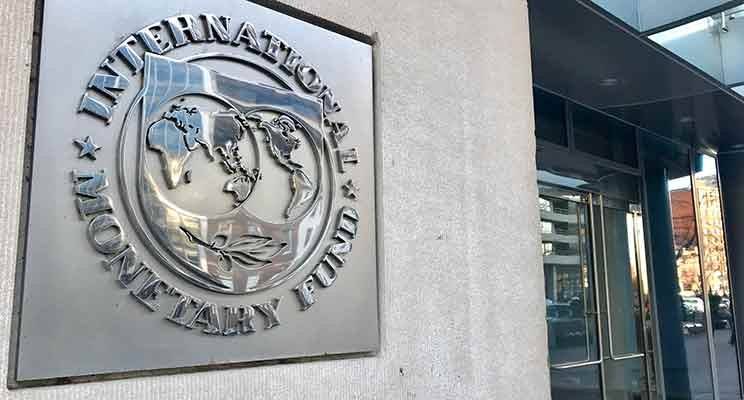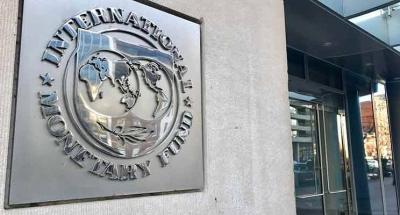The International Monetary Fund (IMF) stated today, Wednesday, that economic recovery in Kuwait is ongoing, but the risks threatening the future of the oil-producing state "remain significant," and the deadlock between the government and the National Assembly could lead to further delays in reforms.
The IMF's executive board, in an assessment following Article IV consultations with the Kuwaiti government, noted that real GDP is expected to slow to only 0.1 percent this year after growing by 8.2 percent in 2022, primarily due to cuts in oil production.
The IMF stated, "Resolving the impasse is critical to accelerate the momentum of reforms and thus enhance growth and diversify the economy."
The fund added that the increase in spending in Kuwait's budget project for the fiscal year starting April 1 is "appropriate given the negative output gap in the non-oil sector," but indicated that starting from April 2024, fiscal tightening should target an increase in non-oil revenues "and address the current spending deadlock while increasing capital expenditures to boost potential growth."
The IMF noted that revenue-enhancing measures could include imposing production taxes and value-added tax within a common framework for the Gulf Cooperation Council (GCC) comprising six countries. Kuwait is the only country in the GCC that does not impose selective taxes, joined by Qatar as the sole country without a value-added tax.




